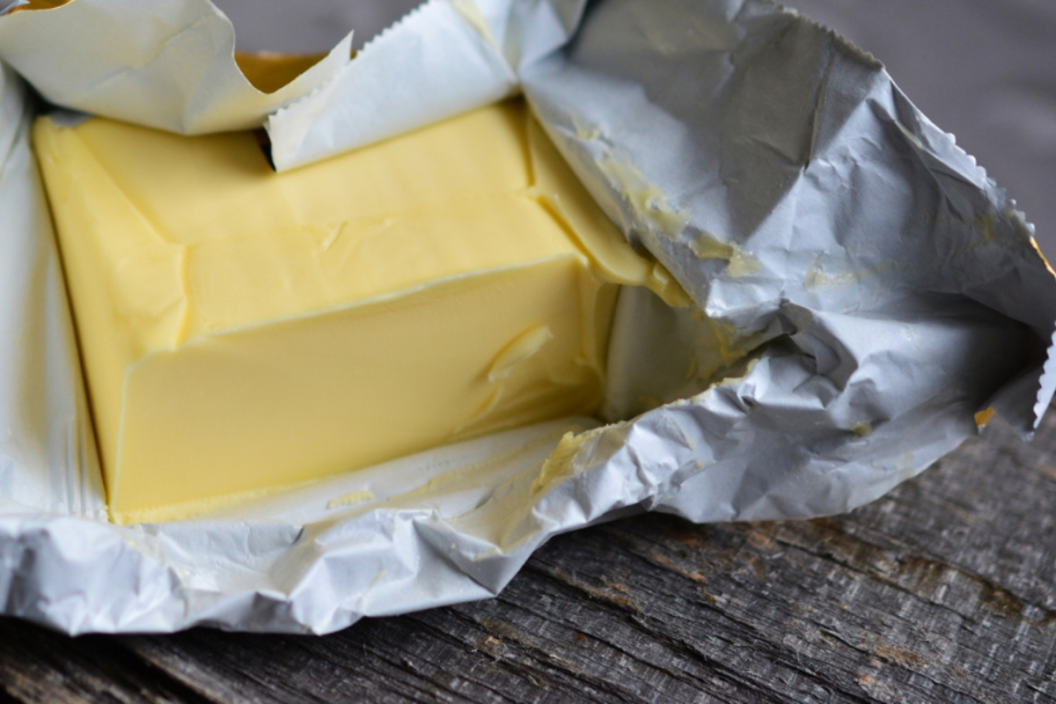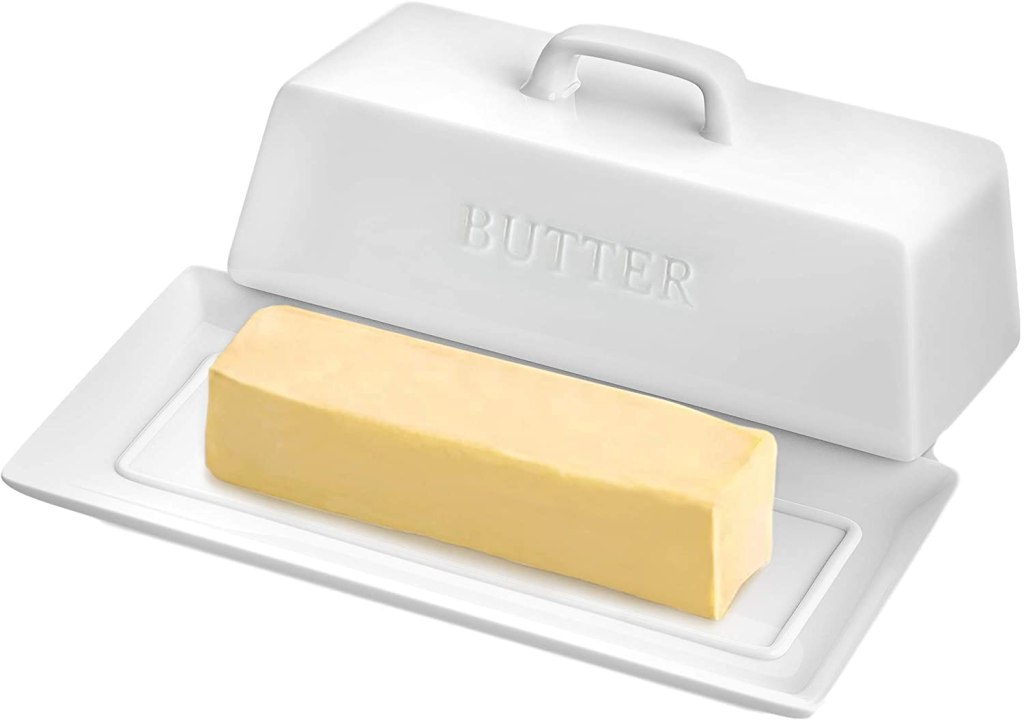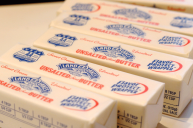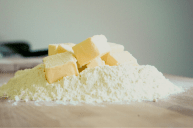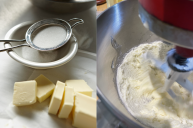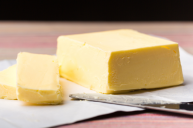We've tackled the question before of why you might want to use salted butter, but almost every pastry chef, cookbook author, and, test kitchen intern, food blogger out there will tell you that when it comes to using salted or unsalted butter for baking, there's only one kind of butter you should use. For the best-baked goods, from sugar cookies to pie crust to pound cake, the unsalted variety is the preferred butter.
Videos by Wide Open Country
Which is Better: Salted or Unsalted Butter for Baking
Why is that? It's said that cooking is art, while baking is science. What that means is that a baking recipe is based on chemistry. For example, you use different leavening agents to create a moist cupcake than you would an airy bread.
The amount of salt in a recipe isn't just there to draw the line between savory and sweet, it's part of the chemistry of the recipe. If the recipe calls for a certain amount of salt, adding too much salt by way of the butter can mess up more than the taste of your end product.
One of the reasons using salted butter is problematic for baked goods is that different brands use a different amount of salt in their butter, so you don't know exactly what kind of salt content you're getting from producer to producer. Land O'Lakes could have a different amount of salt compared to Kerrygold!
While you can substitute salted butter for unsalted butter in a pinch in many recipes, you'll need to adjust the total amount of salt in the overall recipe. It's hard to do that if you don't know the exact amount of salt in the butter. If you add more salt to salted butter you'll taste the saltiness in the finished product.
https://www.instagram.com/p/B0KVSQnFWOl/
Another reason to choose unsalted butter in baking is that salt is a preservative, which means butter with added salt can stay on grocery store shelves for a longer time. That longer shelf life means you may not be buying the freshest butter for your butter cookies.
Recipes as a general rule will say which of the two types of butter you should use; if it doesn't, your best bet is to default to unsalted butter. If the only kind of butter you have on hand is the salted variety, you should follow these two baking tips.
First, taste the butter to make sure it's truly fresh. Second, reduce the total amount of salt in the recipe by using a 1/4 teaspoon of salt per 1/2 cup of butter rule of thumb (if your recipe calls for 1/2 cup of butter and 1/2 teaspoon of salt, reduce the salt to 1/4 teaspoon).
In the end, a little bit of extra salt might not matter to your taste buds for things like chocolate chip cookies, but for the best-baked goods possible, stick to unsalted butter.
